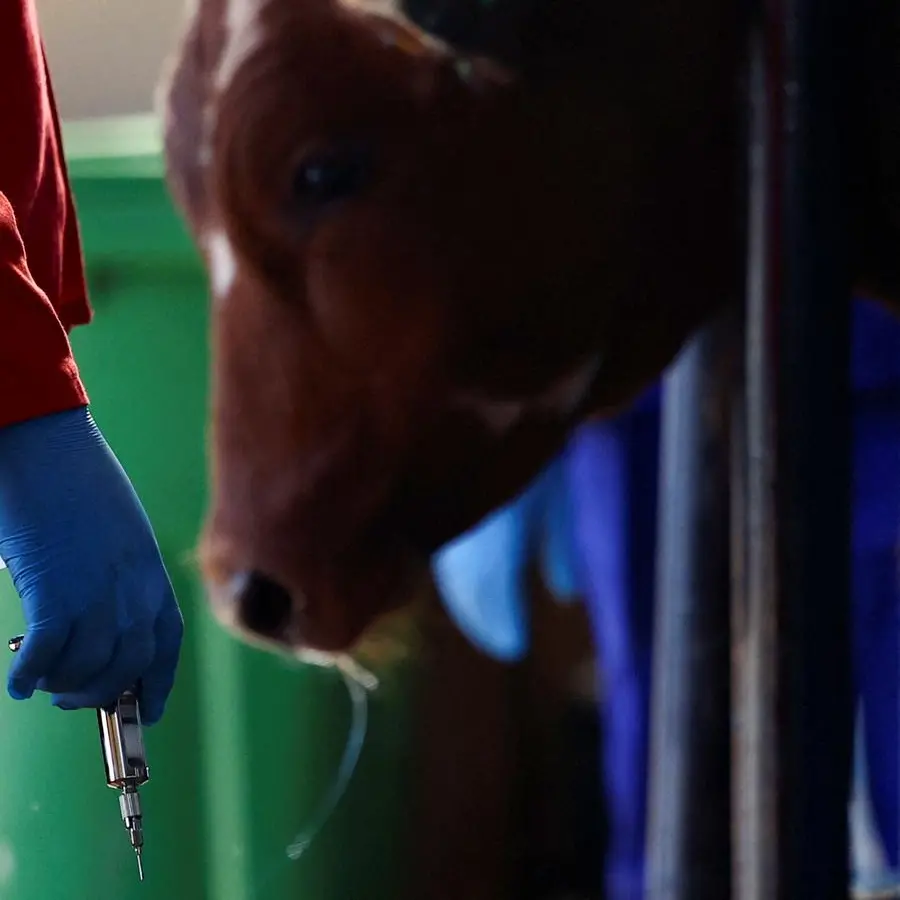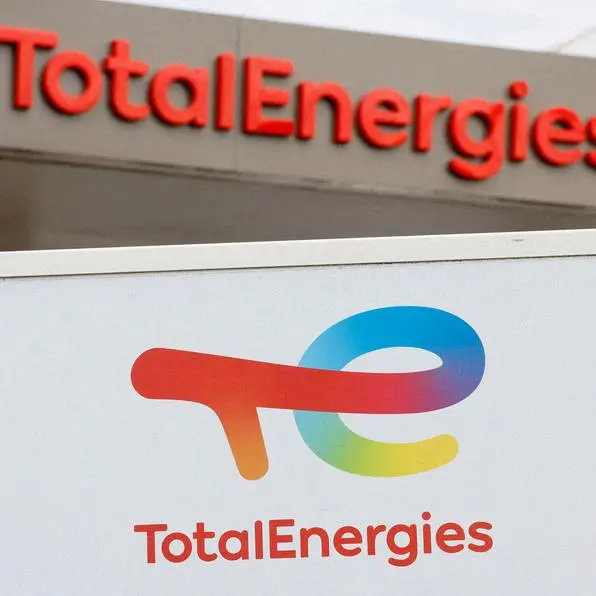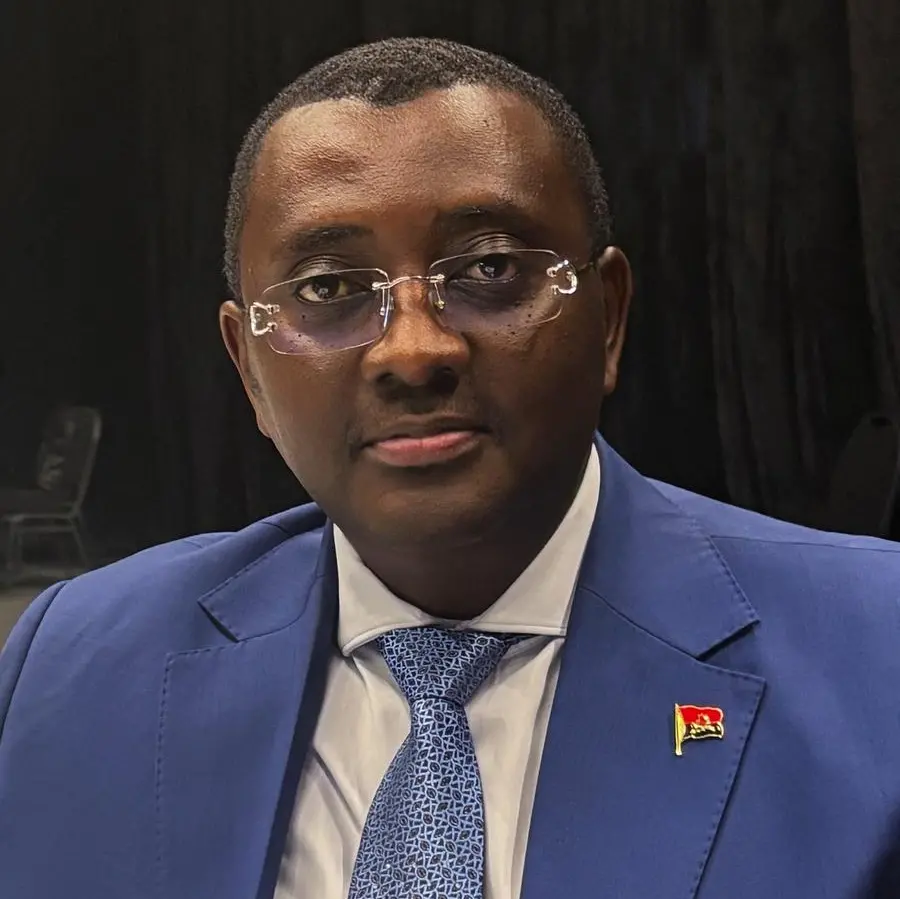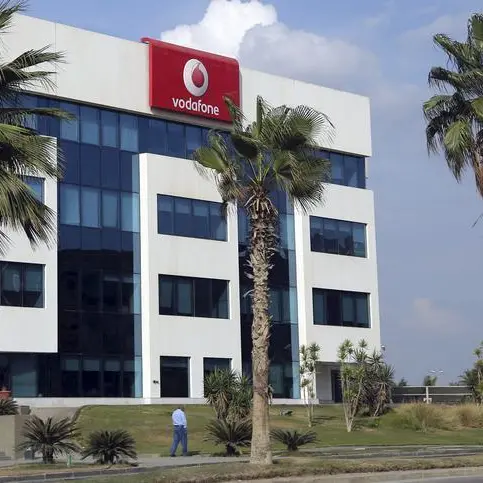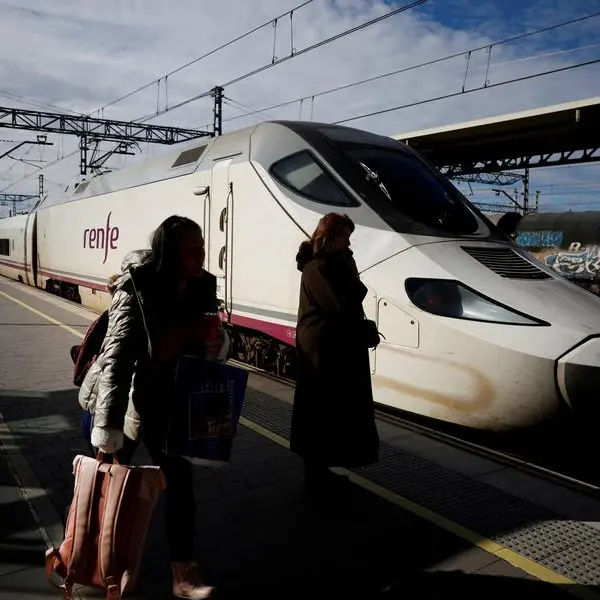RIYADH: Saudi Arabia’s National Water Co. (NWC) this month signed a $5.36 million two-year contract with a French utilities company to reduce the amount of water lost during the Kingdom’s water production process, known as non-revenue water in the industry.
This is a positive step forward, as a report released late last year by global consultancy firm Oliver Wyman found that while water usage is rising, supply is diminishing. The study estimated that 25 percent of the world’s population lives in areas that suffer extremely high water stress, and by 2050 that portion of the population will more than double.
“With water resources becoming increasingly scarce globally, the Middle East region is addressing the critical issues, with governments increasingly adopting new strategies for balancing their scarce water resources and growing demand for fresh water,” said Bruno Sousa, a partner in the Energy Practice at Oliver Wyman. “This has led some countries in the Middle East to turn to options such as desalination and treatment, and reuse of wast water,” he added.
Saudi Arabia is the third biggest consumer of water per capita in the world, after the US and Canada. The Kingdom has implemented a series of measures to rationalize water consumption as part of its Vision 2030 program, with the aim of reducing consumption by 24 percent in 2021 and by up to 43 percent by the end of the decade.
The Saudi Ministry of Environment, Water and Agriculture has developed a unified water sector reference framework that includes a comprehensive water strategy, which integrates national water sector trends, policies, legislation and practices with the main objective of addressing these key challenges and restructuring the sector. Dr. Ibrahim Aref, director of the rehabilitation of agricultural terraces initiative at the ministry, told Arab News that most of the Arabian Peninsula’s water resources comes from rainfall. Yet, rainfall in the Kingdom, especially in the center of the Arabian Peninsula, is very weak compared to any other place in the world, thus causing water scarcity.
Aref pointed out that even though the Arabian Peninsula, in general, experiences dry seasons that last for two, four or up to seven years, the Kingdom has been blessed with a strong economy and therefore has been able to work on many solutions that might be unusual elsewhere in the world, such as desalination.
According to Oliver Wyman’s Sousa, desalination can be achieved through two main technologies: Thermal and electric.
He told Arab News that thermal technology consists of heating water and collecting the resulting evaporated pure water. “This is a very energy-intensive process, requiring both electricity and thermal energy to heat the water. As part of the process, electricity is also generated that can be injected into the electric grid.
“Electric consists mainly in reverse osmosis, where water is forced through membranes that remove salt ... it is also an energy-intensive process, but only requires electricity to run,” he said.
“Although thermal desalination is still used, reverse osmosis is the mainstream technology, adopted mainly because of lower costs (including with energy) and a higher rate of potable water conversion from seawater,” he added. Sousa said that new technology has been developed over the years to minimize the environmental impact of desalination. Spanish firm Acciona last year completed the construction of the Al-Khobar I desalination plant in Saudi Arabia, and since Dec. 26, it has produced 210,000 cubic meters of drinking water per day, which will supply a population of 350,000. It is one of the biggest desalination plants in Saudi Arabia in terms of capacity.
Desalination is not the only way the Kingdom is looking to address the issue of water shortages. One of the largest programs being undertaken by the Ministry of Environment, Water and Agriculture is the rehabilitation of agricultural terraces in the southwest of the Kingdom.
The project aims to increase the efficiency of water use for agricultural purposes and to rely on renewable sources that contribute to food security, rural development and increased productivity of strategic crops.
Copyright: Arab News © 2021 All rights reserved. Provided by SyndiGate Media Inc. (Syndigate.info).

